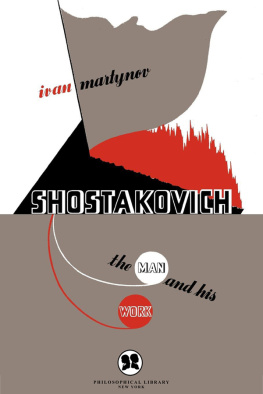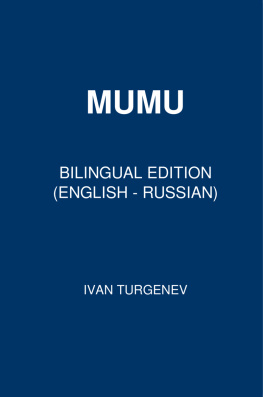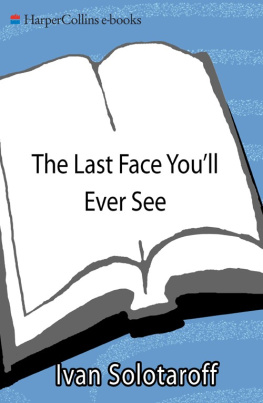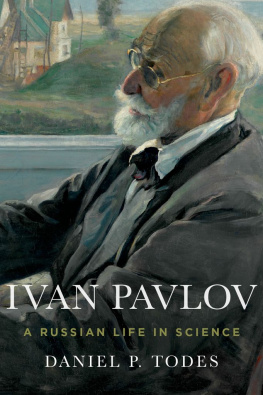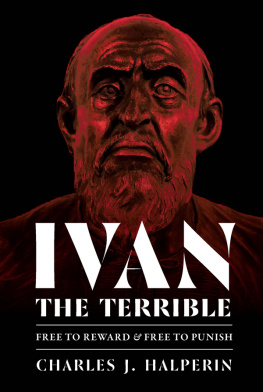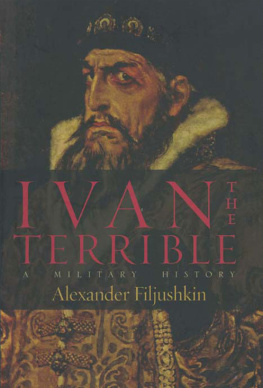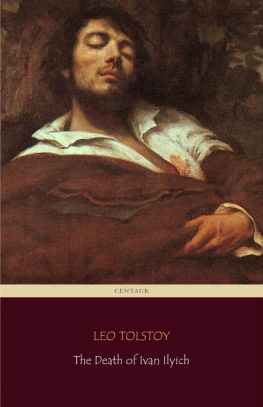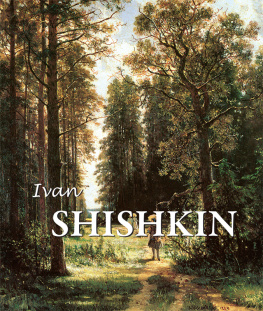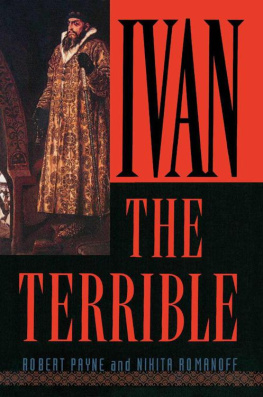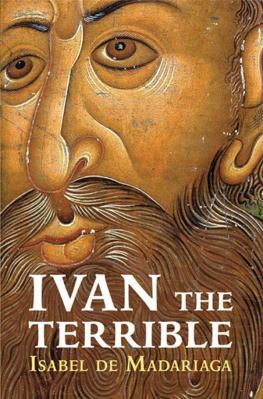Ivan Makarov - Born Under a Lucky Star
Here you can read online Ivan Makarov - Born Under a Lucky Star full text of the book (entire story) in english for free. Download pdf and epub, get meaning, cover and reviews about this ebook. year: 2021, publisher: Anastasia Walker, genre: Non-fiction. Description of the work, (preface) as well as reviews are available. Best literature library LitArk.com created for fans of good reading and offers a wide selection of genres:
Romance novel
Science fiction
Adventure
Detective
Science
History
Home and family
Prose
Art
Politics
Computer
Non-fiction
Religion
Business
Children
Humor
Choose a favorite category and find really read worthwhile books. Enjoy immersion in the world of imagination, feel the emotions of the characters or learn something new for yourself, make an fascinating discovery.

- Book:Born Under a Lucky Star
- Author:
- Publisher:Anastasia Walker
- Genre:
- Year:2021
- Rating:5 / 5
- Favourites:Add to favourites
- Your mark:
Born Under a Lucky Star: summary, description and annotation
We offer to read an annotation, description, summary or preface (depends on what the author of the book "Born Under a Lucky Star" wrote himself). If you haven't found the necessary information about the book — write in the comments, we will try to find it.
Synopsis
History is written by the victors, but the harsh reality of war can only be depicted by its soldiers.
As a Russian recruit in World War II, Ivan Makarov witnessed General Chuikov pull out his pistol and shoot their regimental commander as a traitor. That was on his first day at the front.
Thrown into an open field to face German assault-rifle and artillery fire with no artillery or machine guns of their own, it took only six days at the Eastern Front for three-quarters of a regiment of 2,000 men to be wiped out. Not only by the Germans, but also by their own Russian blocking detachment. At this rate, Ivan struggled to comprehend how he would survive the hundreds of battles that lay before him, with death seeming to be the only certainty.
But Ivan was a wise soul and a brave soldier, who fought for his life, no matter how hopeless or fatal the situation.
In his raw and trenchant memoir, Ivan recounts in detail the terror and despair faced by a Red Army soldier on the Eastern Front.
He has no sympathy for Stalin and his incompetent commanders, who sought awards and recognition at the expense of their soldiers lives. He simply wanted to serve his country.
It is rare to find first-hand accounts of the Great Patriotic War from Red Army soldiers, as many did not survive to tell the tale. For the first time, Ivan reveals his gripping recollections of battles, times, places, and people encountered over the course of World War II from when he was drafted in 1941 until their victory.
These recollections he dared not put on paper until 1992.
About the Author
Ivan Makarov was my grandfather on my mothers side. He was a veteran of the Great Patriotic War. From my childhood, I remember that he loved to tell stories about the warabout his childhood and life. Ivan also had an old typewriter and was constantly typing on it. In early 2000, he came to visit us, gave a bundle of printed stories to my mother, and said, These are my memoirs of the war, one day you should publish a book. Let people know the real truth about the war, as all my life, I have never seen the real war portrayed in any book or movie.
There are hardly any accounts detailing what the war was like for a Red Army soldier from the front line, especially in the first years. A profoundly changed man returned from there. Those who managed to return, as a rule, did not like and could not recount the real events that had transpired, and many of the Russian military documents of those years are still inaccessible to the public.
Ivan wrote these stories from 1992 to 1998, after the Soviet Union collapsed and it became possible to talk about what had really happened openly. Before this time, he could easily go to prison for such writings. This book is a collection of individual stories. These events Ivan recalls in detail, from Stalingrad to Germany. During the first half of the war, Ivan was a machine gunner and a regimental scout during the second. He talks about what he personally saw and experienced during the war, and what difficulties were faced by ordinary soldiers. Ivan describes how he was captured by the Germans, escaped, and returned to the Red Army, and how he served in the machine gun company once more. Later, he was assigned to the armys intelligence services and performed special tasks. Despite all the difficulties on the front line, he maintained his desire to live, managed to survive, and returned to Russia
These stories I found in my mothers house before I moved to Australia in 2014. I started reading and could not stop, I found it captivating. After reading and making copies, I decided that it was necessary to...
Ivan Makarov: author's other books
Who wrote Born Under a Lucky Star? Find out the surname, the name of the author of the book and a list of all author's works by series.

